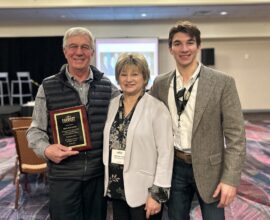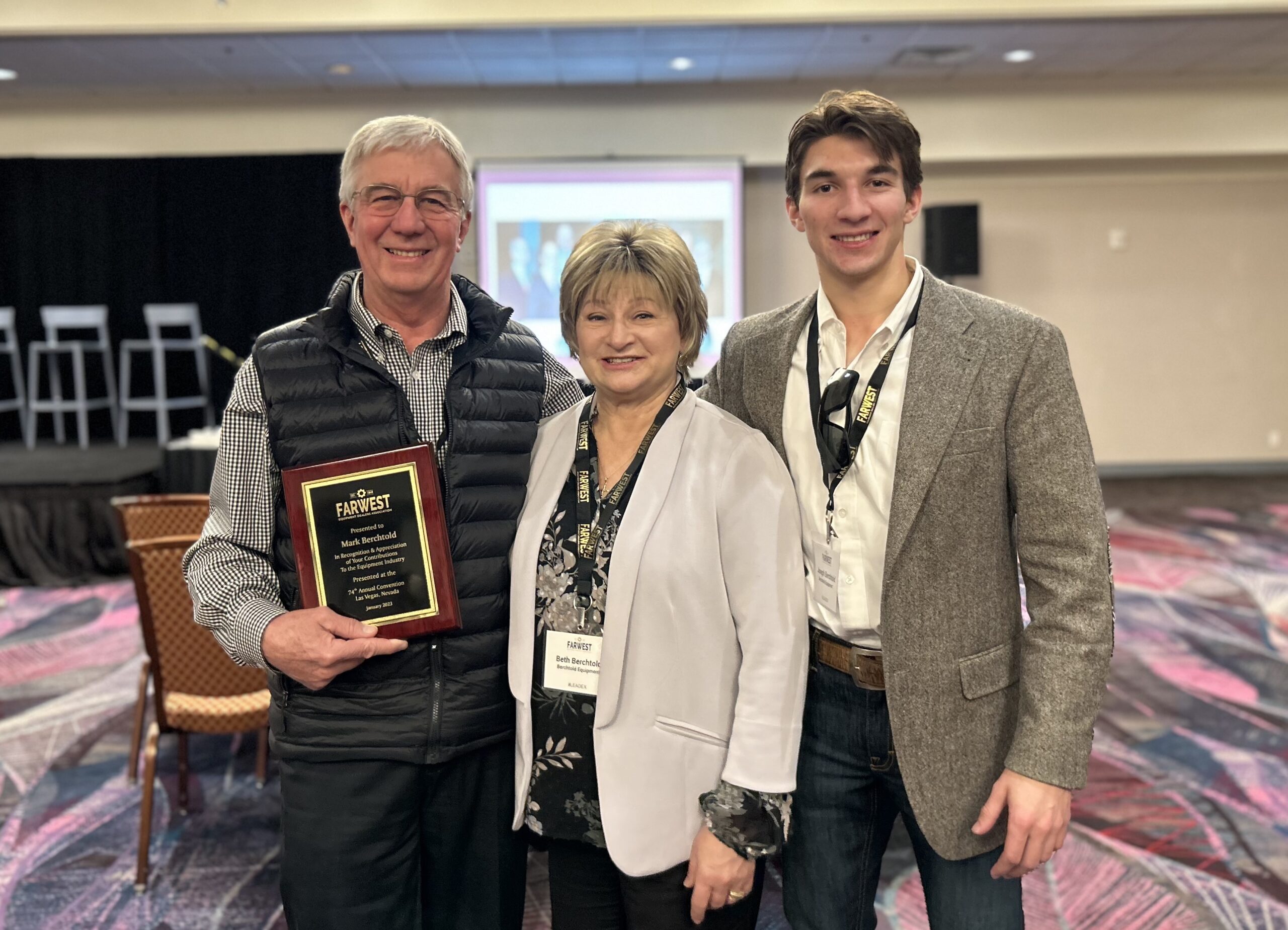Insurers, PG&E light California capital on fire over losses, sound rate hike alarm
Far West Equipment Dealers Association joined the Ag Presidents Council challenging proposed policy discussion taking place without ratepayer involvement. “Not only is the agricultural sector affected by the discussions as ratepayers, it also supports thousands of miles of electric distribution and transmission infrastructure on its farms and ranches,” coalition members wrote in a May 29 letter to the governor and legislative leaders. “As was recently reinforced in a review of impacts from the 2017 fires, agricultural lands play a key role in reducing the spread of wildfires, which should be considered as solutions are discussed about utility infrastructure.”
The letter continues, “As energy intensive businesses, each year California farmers, ranchers, and food processors spend over $2 billion for electricity to irrigate, pack, and process crops. California farmers typically use far more electricity than those in other states due to the need to pump water for irrigation. As a result, the agricultural and food production industries are very interested in the discussion of wildfire liability and management issues and their potential impact on ratepayers. Farm electricity costs are already high and increasing rapidly due to the state’s RPS and other climate policies and programs. On average, our farmers and food processors pay 35 to 100 percent more for electricity than operations in other states.
“PG&E and other investor owned utilities are aggressively challenging current practices surrounding utility liability. Insurance costs are rising and victims, counties and their attorneys are seeking billions of dollars in wildlife related claims. As needed reforms are considered, policy makers must ensure that ratepayers are not unfairly held responsible for utility negligence. At the same time, rising risk must be dealt with in a manner that is fair and equitable for both utilities and customers and reflects the higher risk that some customers face. Finally, balanced and creative state-sponsored solutions must be identified to address utility liability issues without further impacting rates for California’s already overburdened electricity ratepayers.”
The coalition is asking to participate in the process. The issue is part of a larger debate on the state’s comprehensive energy policy.
California Assembly Member Autumn Burke’s draft legislation, the Clean and Safe Power Act, attempts to address the Renewable Portfolio Standard and wildfire mitigation and repayment. The bill requires utilities to acquire a portion of its renewable energy from biomass, geothermal and biogas. Seen as a positive step toward creating a market for agricultural waste used to make biomass and biogas, the bill also increases the Renewable Portfolio Standard to 80 percent renewable energy by 2045. It’s concerning as renewable energy is more expensive, thus it could substantially increase energy rates. The bill also establishes a management and check off program for utilities so in the case of wildfires, if a utility did not maintain its infrastructure in accordance with its management plan, it would be held liable for its portion of the wildfire damage and could not pass on the costs of repair to ratepayers. This bill has been circulated in draft form but has not been formally introduced.
Although generally supporting the concept of a limited biomethane procurement program, the coalition also opposes SB 1440 unless cost control provisions are adopted.
“Natural gas rates for food and fiber processors and on-farm use are already high in California and scheduled to continue increasing. PG&E and SoCal Gas both have significant rate increases pending before the California Public Utilities Commission. Any and all rate increases have a disproportionate impact on food and dairy processors who rely heavily on natural gas to create heat for food processing activities. SB 1440 could significantly add further to natural gas rates unless appropriate cost controls are established,” advises the coalition in a letter to lawmakers.
Acknowledging a limited biomethane program could benefit agriculture, “any workable programs must control rising rates for large customers of natural gas who will share in the costs of the program,” the letter continues.
The coalition is pushing back on staff to determine fees and costs before decisions are made.










